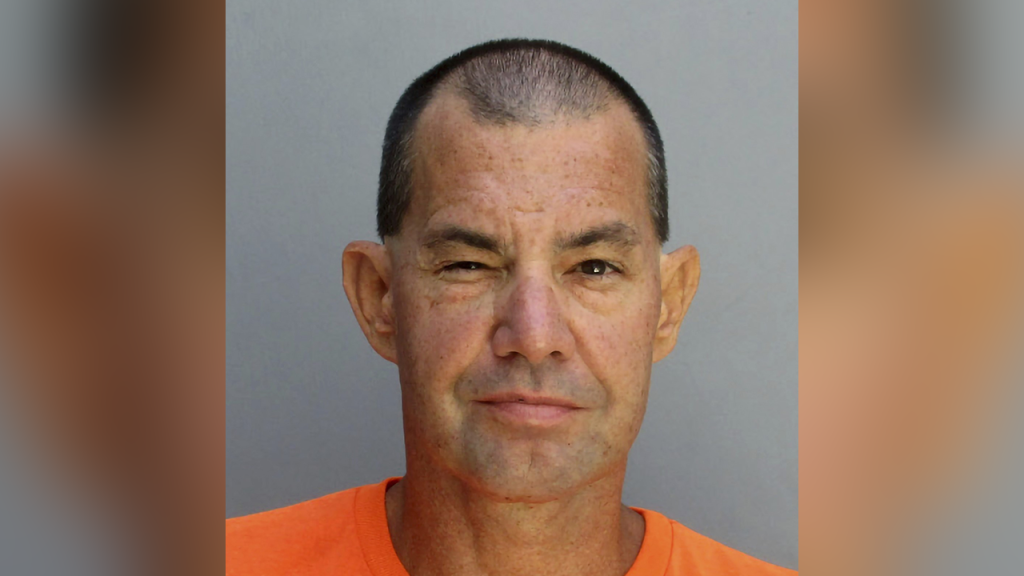Aaron Brian Gunches, a 53-year-old Arizona death row inmate, has taken the unusual step of requesting an expedited execution. Convicted of the 2002 murder of Ted Price, his girlfriend’s ex-husband, Gunches pleaded guilty and has consistently maintained his desire for the death penalty. His latest move involves a handwritten petition to the Arizona Supreme Court, urging them to bypass standard legal procedures and schedule his execution for mid-February. He argues that his sentence is “long overdue” and accuses the state of unnecessarily prolonging the process through requests for legal briefings.
Gunches’ execution would mark Arizona’s first use of the death penalty since a two-year hiatus implemented to review execution protocols. This pause followed a series of controversies surrounding the state’s lethal injection procedures, including criticisms about the time taken to insert IV lines and the sourcing of lethal injection drugs. The state’s last execution took place in 2022, concluding a nearly eight-year pause prompted by a botched execution in 2014 and difficulties obtaining the necessary drugs.
While Gunches seeks to hasten his execution, the Attorney General’s office, under Democrat Kris Mayes, insists on adhering to established legal procedures. They argue that the briefing schedule is essential to ensure compliance with execution protocols, including testing the pentobarbital intended for Gunches’ lethal injection. This stance underscores the complex legal landscape surrounding capital punishment, even when the inmate himself desires a swift execution. The conflicting desires of Gunches and the state highlight the delicate balance between an individual’s right to expedite their sentence and the state’s responsibility to ensure a legally sound and procedurally correct execution.
This is not the first time Gunches has sought to expedite his execution. Two years prior, he appealed to the Supreme Court to issue his execution warrant, emphasizing the need for justice and closure for the victim’s family. His execution was initially scheduled for April 2023 but was postponed due to the state’s unpreparedness to carry out the death penalty. Then-Governor Katie Hobbs, a Democrat, ordered a review of execution procedures, expressing her commitment to ensuring that executions are carried out in accordance with the law. The review concluded in November 2023 with the dismissal of the retired federal magistrate judge appointed to lead it.
The situation in Arizona reflects broader national debates surrounding capital punishment. While some states have moved towards abolishing the death penalty, others continue to grapple with its implementation, facing challenges related to lethal injection drugs, execution protocols, and legal appeals. Arizona currently has 111 inmates on death row, underscoring the continuing relevance of these issues within the state’s criminal justice system. Gunches’ case adds another layer to this complex debate, raising questions about the interplay between individual autonomy, legal procedure, and the state’s responsibility in carrying out capital punishment.
The complexities surrounding Gunches’ case are further amplified by his self-representation. While inmates have the right to represent themselves, the legal intricacies of capital cases often necessitate experienced legal counsel. Gunches’ decision to forgo legal representation adds another dimension to the proceedings and raises questions about the adequacy of his legal understanding and ability to navigate the complex legal landscape surrounding his case. His handwritten petition, while expressing his clear desire for a swift execution, may lack the legal precision and argumentation typically presented by trained legal professionals. This situation underscores the challenges inherent in self-representation, particularly in capital cases with significant legal and ethical implications.

